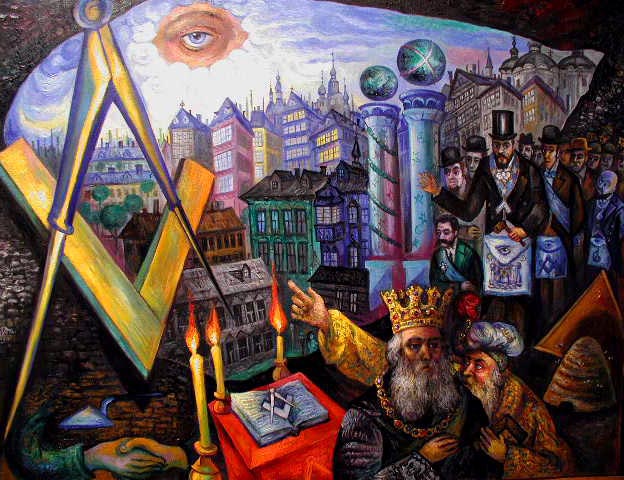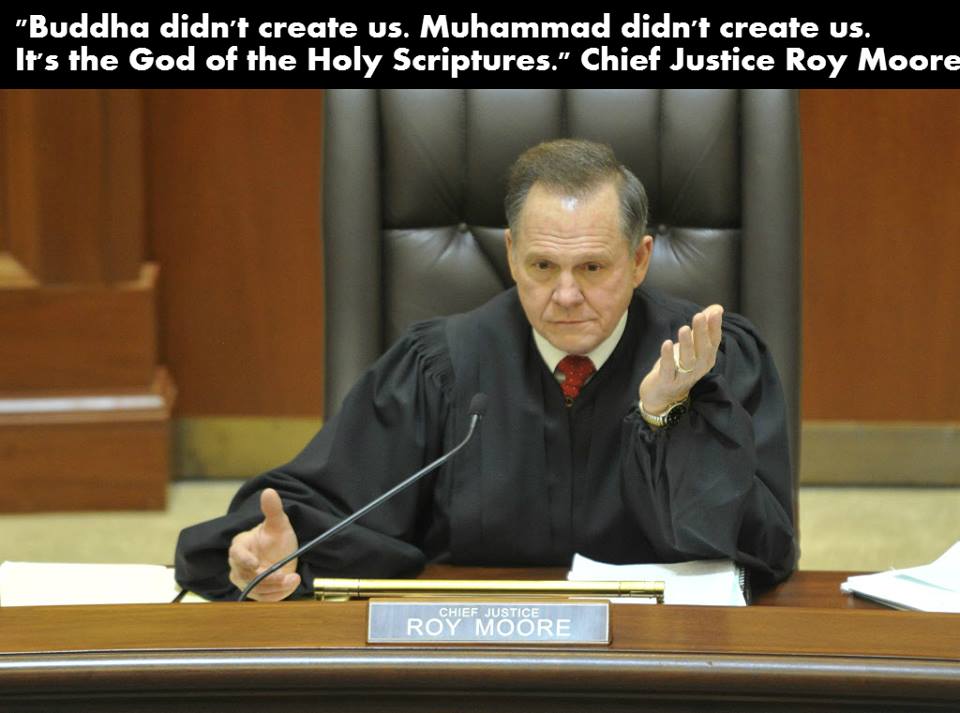Joseph was undoubtedly initiated. After he had interpreted Pharaoh’s dream, that Monarch made him his Prime Minister, let him ride in his second chariot, while they proclaimed before him, ABRECH! 1 and set him over the land of Egypt. In addition to this, the King gave him a new name, Tsapanat-Paänakh, and married him to Asanat, daughter of Potai Parang, a Priest of An or Hieropolis, where was the Temple of Athom-Re, the Great God of Egypt; thus completely naturalizing him. He could not have contracted this marriage, nor have exercised that high dignity, without being first initiated in the Mysteries. When his Brethren came to Egypt the second time, the Egyptians of his court could not eat with them, as that would have been abomination, though they ate with Joseph; who was therefore regarded not as a foreigner, but as one of themselves: and when he sent and brought his brethren back, and charged them with taking his cup, he said, “Know ye not that a man like me practises divination?” thus assuming the Egyptian of high rank initiated into the Mysteries, and as such conversant with the occult sciences.
So also must Moses have been initiated: for he was not only brought up in the court of the King, as the adopted son of the King’s daughter, until he was forty years of age; but he was instructed in all the learning of the Egyptians, and married afterward
p. 369
the daughter of Yethru_, a Priest of An likewise. Strabo and Diodorus both assert that he was himself a Priest of Heliopolis. Before he went into the Desert, there were intimate relations between him and the Priesthood; and he had successfully commanded, Josephus informs us, an army sent by the King against the Ethiopians. Simplicius asserts that Moses received from the Egyptians, in the Mysteries, the doctrines which he taught to the Hebrews: and Clemens of Alexandria and Philo say that he was a Theologian and Prophet, and interpreter of the Sacred Laws. Manetho, cited by Josephus, says he was a Priest of Heliopolis, and that his true and original (Egyptian) name was Asersaph or Osarsiph.
And in the institution of the Hebrew Priesthood, in the powers and privileges, as well as the immunities and sanctity which he conferred upon them, he closely imitated the Egyptian institutions; making public the worship of that Deity whom the Egyptian Initiates worshipped in private; and strenuously endeavoring to keep the people from relapsing into their old mixture of Chaldaic and Egyptian superstition and idol-worship, as they were ever ready and inclined to do; even Aharu_n, upon their first clamorous discontent, restoring the worship of Apis; as an image of which Egyptian God he made the golden calf.
The Egyptian Priests taught in their great Mysteries, that there was one God, Supreme and Unapproachable, who had conceived the Universe by His Intelligence, before He created it by His Power and Will. They were no Materialists nor Pantheists; but taught that Matter was not eternal or co-existent with the great First Cause, but created by Him.
The early Christians, taught by the founder of their Religion, but in greater perfection, those primitive truths that from the Egyptians had passed to the Jews, and been preserved among the latter by the Essenes, received also the institution of the Mysteries; adopting as their object the building of the symbolic Temple, preserving the old Scriptures of the Jews as their sacred book, and as the fundamental law, which furnished the new veil of initiation with the Hebraic words and formulas, that, corrupted and disfigured by time and ignorance, appear in many of our Degrees.
Such, my Brother, is the doctrine of the first Degree of, the Mysteries, or that of Chief of the Tabernacle, to which you have
p. 370
now been admitted, and the moral lesson of which is, devotion to the service of God, and disinterested zeal and constant endeavor for the welfare of men. You have here received only hints of the true objects and purposes of the Mysteries. Hereafter, if you are permitted to advance, you will arrive at a more complete understanding of them and of the sublime doctrines which they teach. Be content, therefore, with that which you have seer and heard, and await patiently the advent of the greater light.

Moe is the founder of GnosticWarrior.com. He is a father, husband, author, martial arts black belt, and an expert in Gnosticism, the occult, and esotericism.






